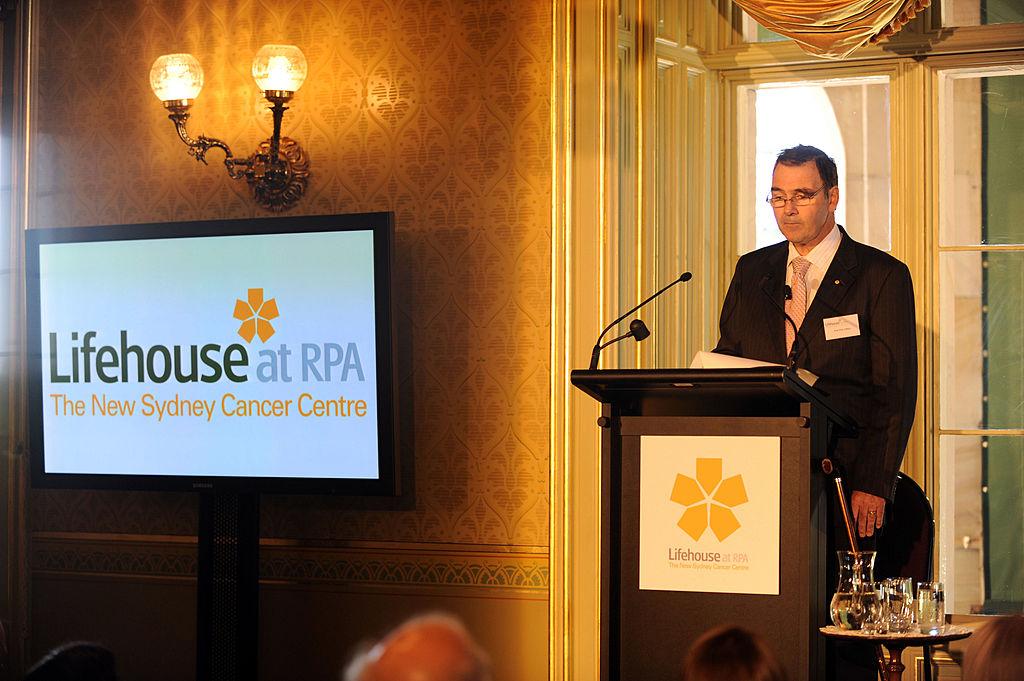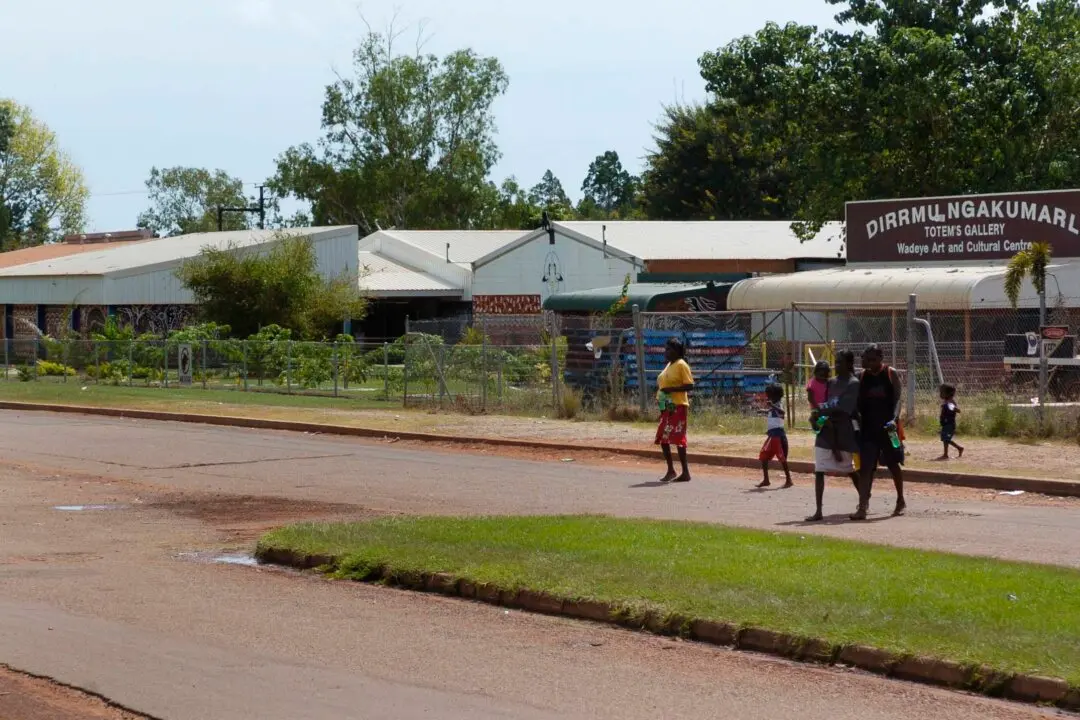There’s been an alarming rise in the number of young people, particularly women, being diagnosed with tongue cancer, a disease predominantly found in older men with a history of smoking or heavy drinking.
Researchers from the cancer hospital Chris O'Brien Lifehouse at Sydney’s Royal Prince Alfred Hospital, in collaboration with local and overseas colleagues, have published a new study in the journal Oral Oncology.





